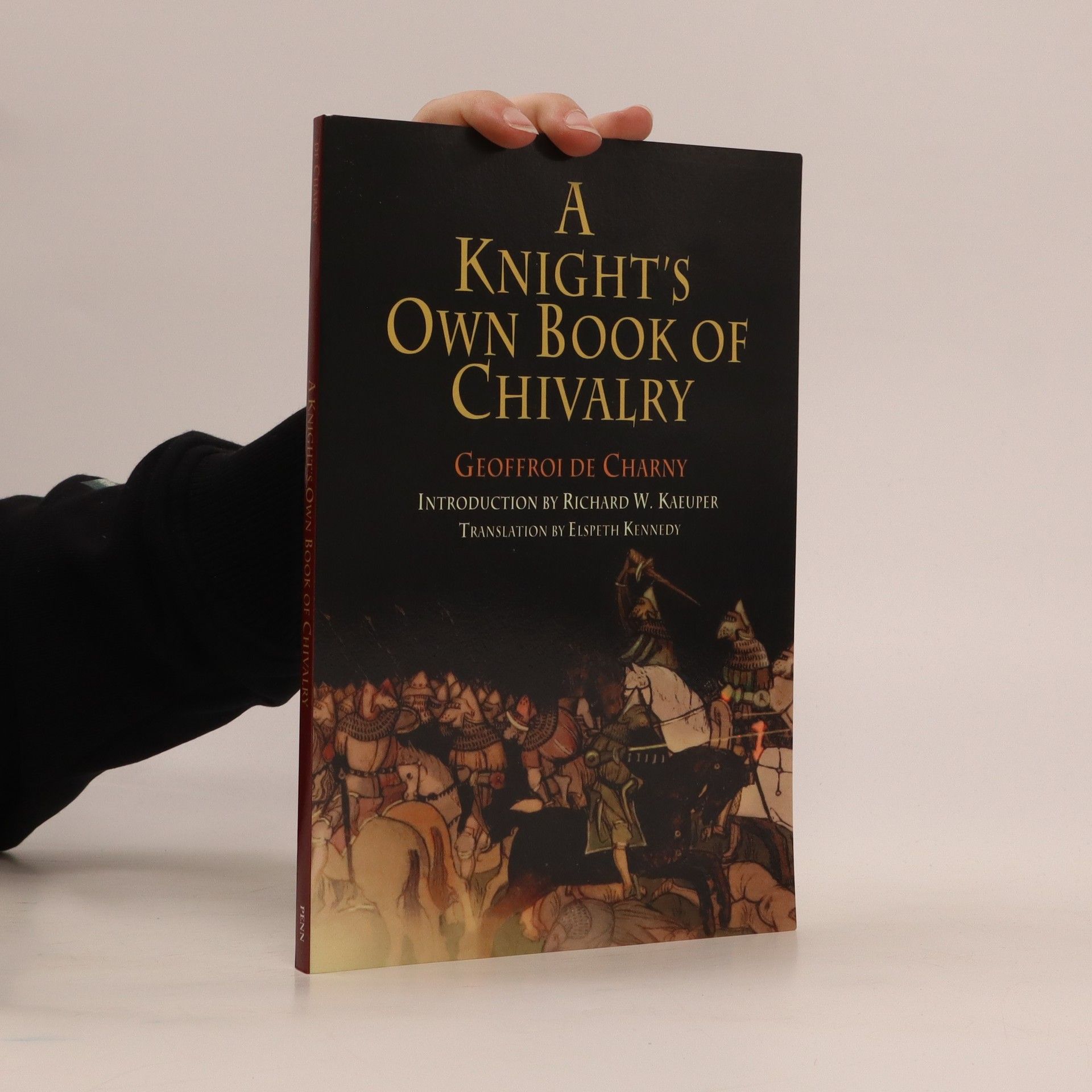Medieval Chivalry
- 447 pages
- 16 hours of reading
Richard Kaeuper presents a new analysis of chivalry, re-interpreting it as a fundamental aspect of medieval society.


Richard Kaeuper presents a new analysis of chivalry, re-interpreting it as a fundamental aspect of medieval society.
Composed at the height of the Hundred Years War by Geoffroi de Charny, one of the most respected knights of his age, A Knight's Own Book of Chivalry is an invaluable guide to fourteenth-century knighthood.